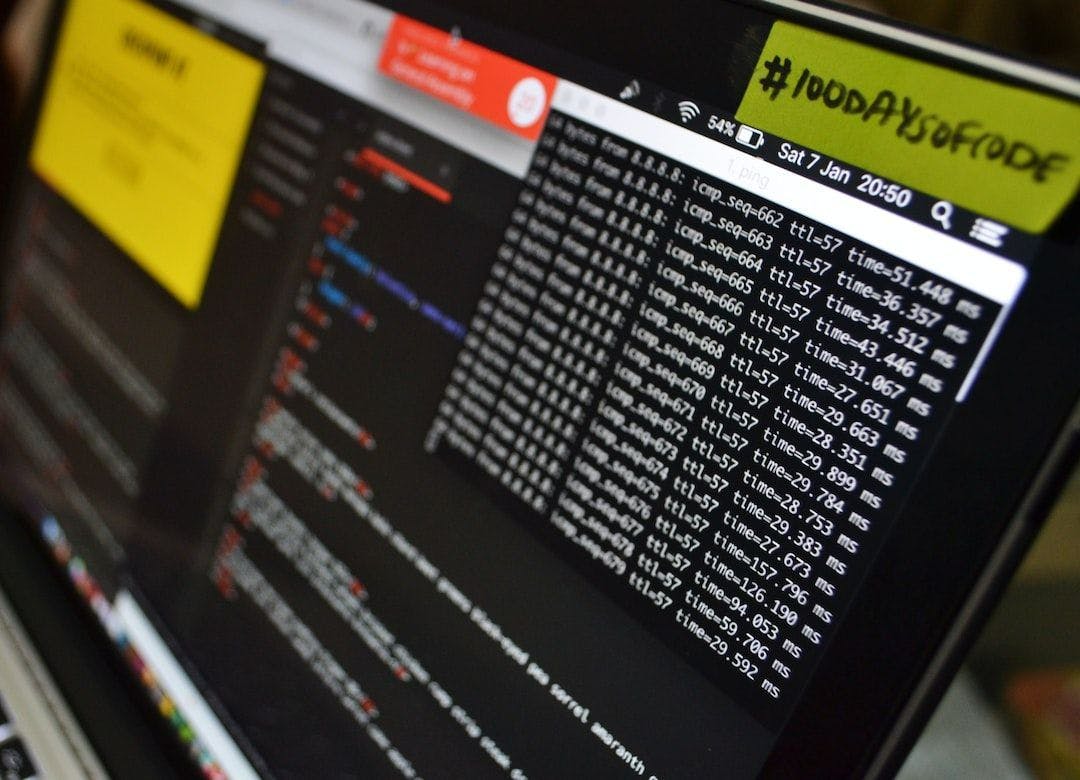1,540 reads
20+ Free Courses on Linux, Python, JavaScript, and More
by
October 25th, 2022
Audio Presented by
A collection of the best threads on the internet curated by the People of HackerNoon.
About Author
A collection of the best threads on the internet curated by the People of HackerNoon.
